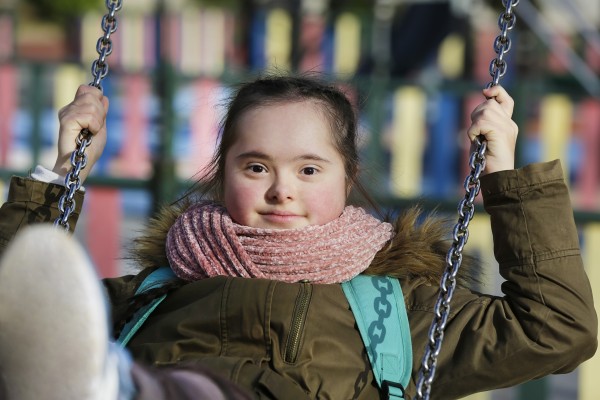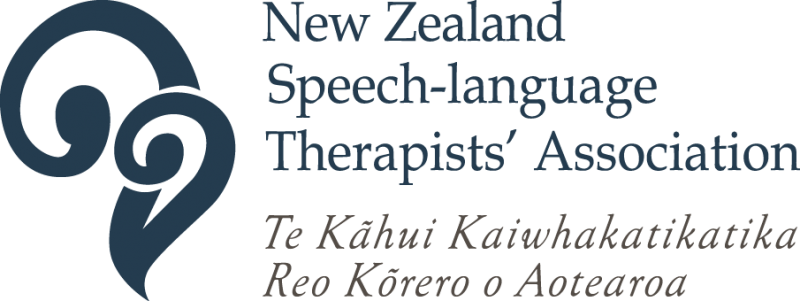Kathlyn: SLT worked wonders
Seventeen-year-old Kathlyn was born with Down syndrome and a variety of other serious health conditions, including very low muscle tone and a very large tongue, which she struggled to keep in her mouth.
Her large tongue created breathing issues that were so bad they caused some of her organs to shut down.
She has since had 65 operations, including open heart surgery and a procedure to reshape and reduce the size of her tongue.
Mum, Fiona, says Kathlyn has been in intensive speech-language therapy (SLT) since she was two years old.
For a start, she had to relearn to swallow.
“Speech-language therapy has been absolutely amazing and has made a huge difference,” Fiona says.
But when Kathlyn turned five and started school that all stopped.
Fiona says the school did not receive sufficient funding for her daughter, who desperately needed to continue her SLT therapy, to get that ongoing support.
“That put her right back,” her mum says.
“Her communication suffered as a result, and that led to her getting severely frustrated, which, in turn, affected her behaviour.”
Fiona and her husband had no option.
“The SLT therapy she’d received until that point had worked wonders, so we had no choice but to continue with it, which meant finding one and paying privately.
“Finding one’s easier said than done; it really is a function of who you know!
“And it’s not cheap, but it is well worth it. It’s very important to us.”
Fiona finally found the right SLT to continue Kathlyn’s treatment.
“We’re still seeing ongoing improvement, even now,” she says. “There is ongoing cognitive improvement and Kathlyn’s talking much better, and that’s helped a lot.
“But she’ll always need support.”
Because Kathlyn disliked being in a clinical or hospital setting after all her surgeries and treatments, her SLT took a flexible approach, working with her in group settings, in one-on-one therapy, and online.
She even goes to Kathlyn’s school with her once a week and helps Kathlyn’s teachers and teacher aides understand how to support Kathlyn better.
“On a scale of brilliance, I’d give her 10 out of 10,” Fiona says. “We can’t speak highly enough of the way speech-language therapy has helped Kathlyn.”
The problem, she says, is the lack of SLT resources and the lack of funding for them.
“We really need more of them because there is a huge demand.”

